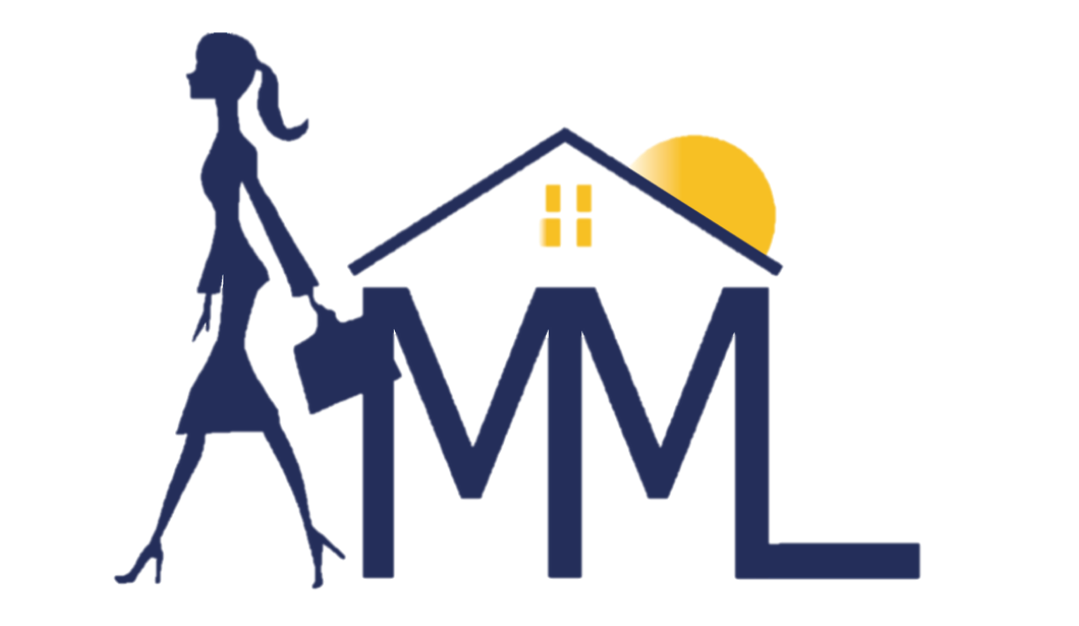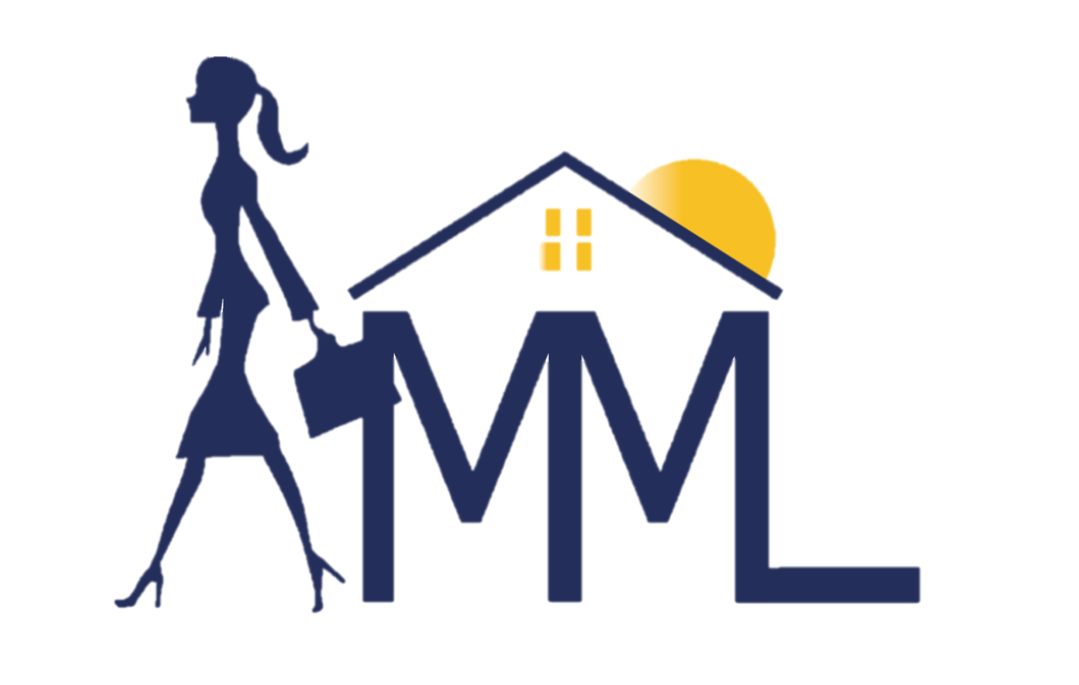Best Mortgage Options for Canadian Homebuyers
Thinking of Calling Your Bank for a Mortgage? Read This First.
If you're buying a home or renewing your mortgage, your first instinct might be to call your bank. It's familiar. It's easy. But it might also cost you more than you realize—in money, flexibility, and long-term satisfaction.
Before you sign anything, here are four things your bank won’t tell you—and four reasons why working with an independent mortgage professional is the smarter move.
1. Your Bank Offers Limited Mortgage Options
Banks can only offer what they sell. So if your financial situation doesn’t fit neatly into their guidelines—or if you’re looking for competitive terms—you might be out of luck.
Working with a mortgage broker? You get access to mortgage products from hundreds of lenders: major banks, credit unions, monoline lenders, alternative lenders, B lenders, and even private funds. That means more options, more flexibility, and a much better chance of finding a mortgage that fits you.
2. Bank Reps Are Salespeople—Not Mortgage Strategists
Let’s be honest: most bank mortgage reps are trained to sell their employer’s products—not to analyze your financial goals or tailor a long-term mortgage plan.
Their job is to generate revenue for the bank.
Independent mortgage professionals are different. We’re not tied to one lender—we’re tied to you. Our job is to shop around, negotiate on your behalf, and recommend the mortgage that offers the best balance of rate, terms, and flexibility.
And yes, we get paid by the lender—but only after we find you a mortgage that works for your situation. That creates a win-win-win: you get the best deal, we earn our fee, and the lender earns your business.
3. Banks Don’t Lead with Their Best Rate
It’s true. Banks often reserve their best rates for those who ask for them—or threaten to walk. And guess what? Most people don’t.
Over 50% of Canadians accept the first renewal offer they get by mail. No questions asked. That’s exactly what the banks count on.
Mortgage professionals don’t play that game. We start by finding lenders offering competitive rates upfront, and we handle the negotiations for you. There’s no guesswork, no pressure, and no settling for less than you deserve.
4. Bank Mortgages Are Often More Restrictive Than You Think
Not all mortgages are created equal. Some come with hidden traps—especially around penalties.
Ever heard of a sky-high prepayment charge when someone breaks their mortgage early? That’s often due to something called an Interest Rate Differential (IRD)—and big banks are notorious for using the harshest IRD calculations.
When we help you choose a mortgage, we don’t just focus on the interest rate. We look at the whole picture, including:
- Prepayment privileges
- Penalty calculations
- Portability
- Future flexibility
That way, if your life changes, your mortgage won’t become a financial anchor.
A Quick Recap
What your bank typically offers:
- Only their own limited mortgage products
- Sales-focused representatives, not mortgage strategists
- Default rates that aren’t usually their best
- Restrictive contracts with high penalties
What an independent mortgage professional delivers:
- Access to over 200 lenders and customized mortgage solutions
- Personalized advice and long-term financial strategy
- Competitive rates and terms upfront
- Transparent, flexible mortgage options designed around your needs
Let’s Talk Before You Sign
Your mortgage is likely the biggest financial commitment you’ll ever make. So why settle for a one-size-fits-all solution?
If you're buying, refinancing, or renewing, I’d love to help you explore your options, explain the fine print, and find a mortgage that truly works for you.
Let’s start with a conversation—no pressure, just good advice.





